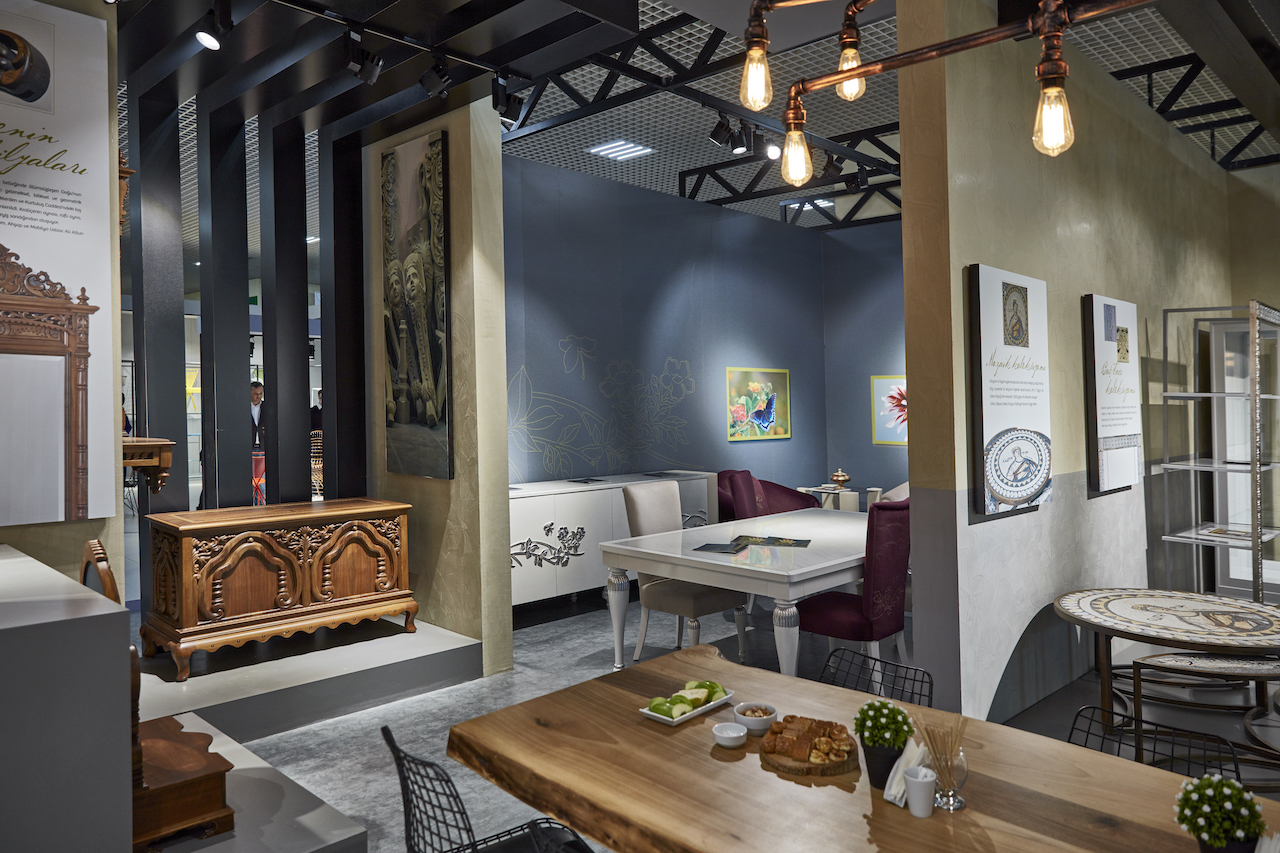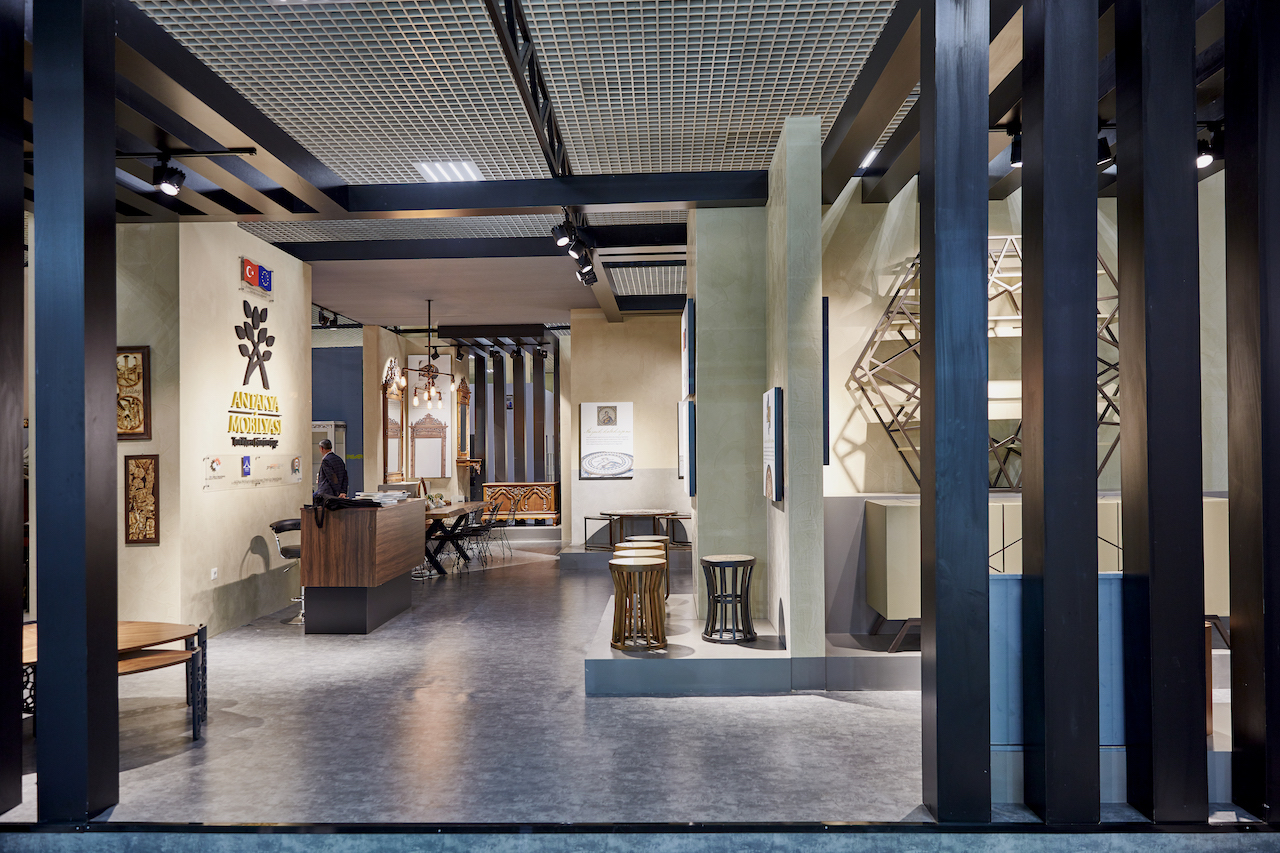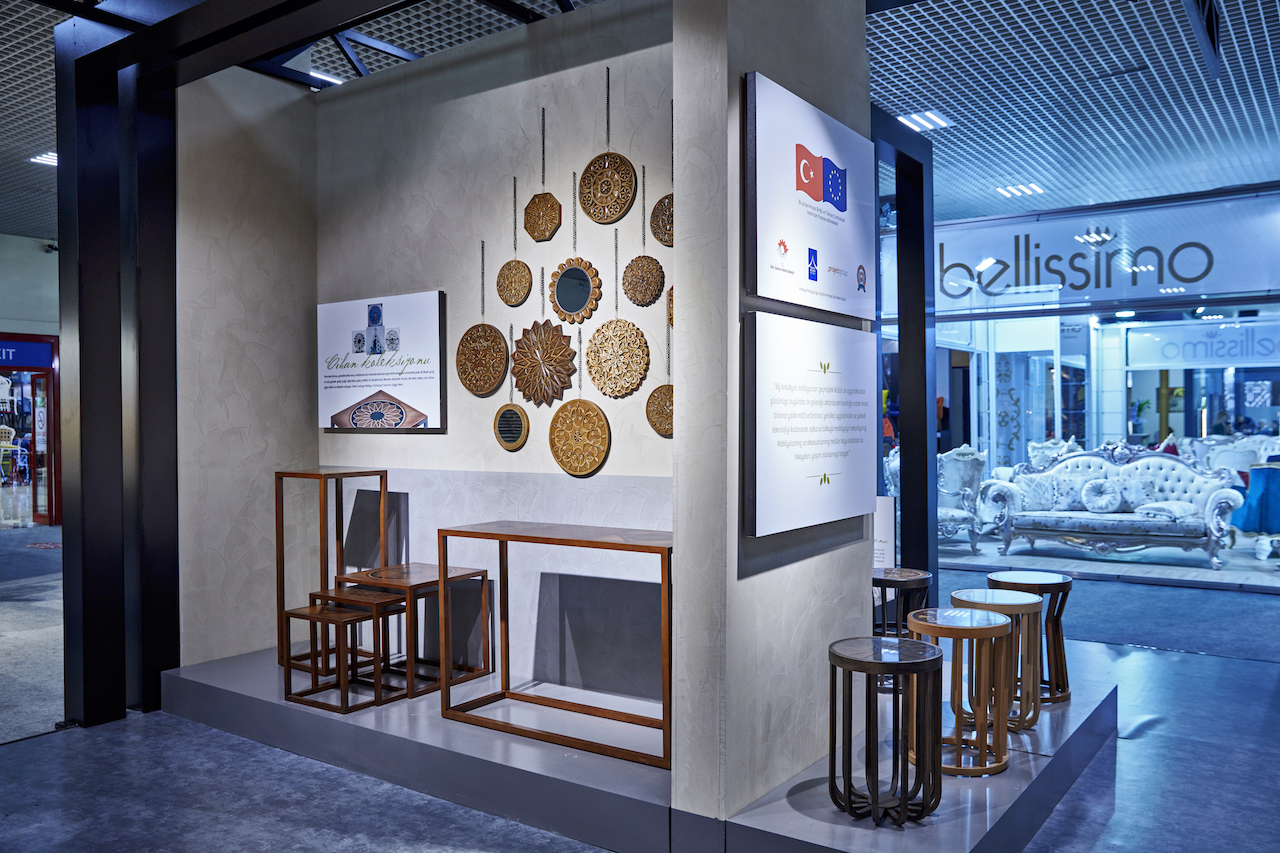Private sector development is a recognised engine of economic growth. Its economic and social impact can be very substantial, especially for developing countries, where, on average, the private sector accounts for more than 80% of GDP and 90% of jobs.
SMEs are a vital cog in the private sector engine, especially in developing economies: they can adapt quickly: they need less capital but have more intensive labour requirements; management costs are low. In other words, they are key to inexpensive production.
We have managed numerous projects supporting the development of SMEs and improving their competitiveness, promoting and facilitating trade, and helping their regional and international development.


